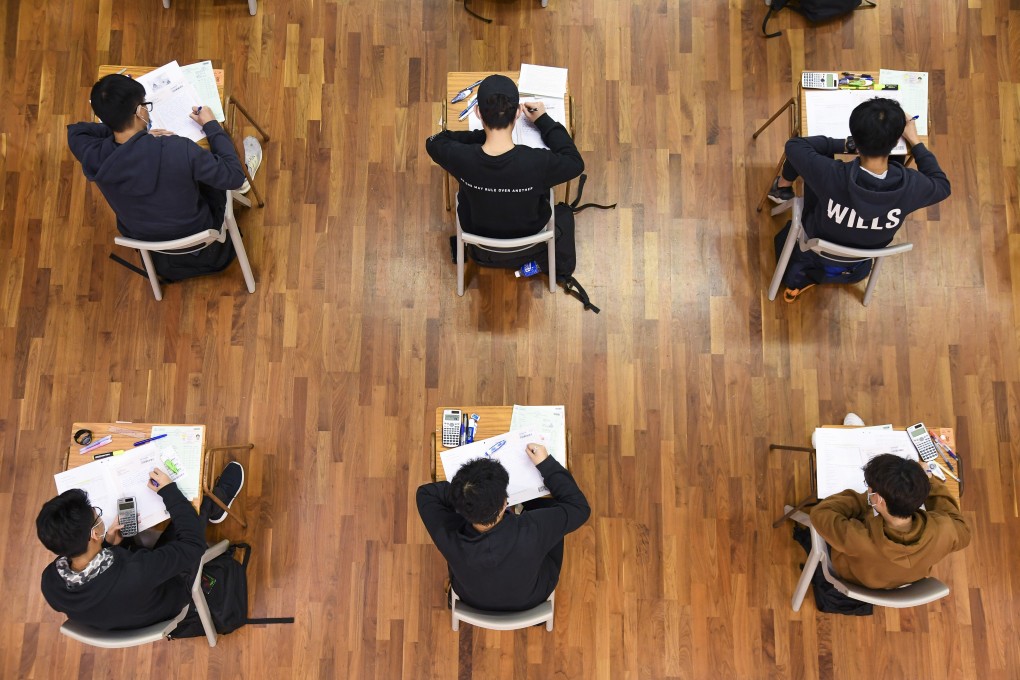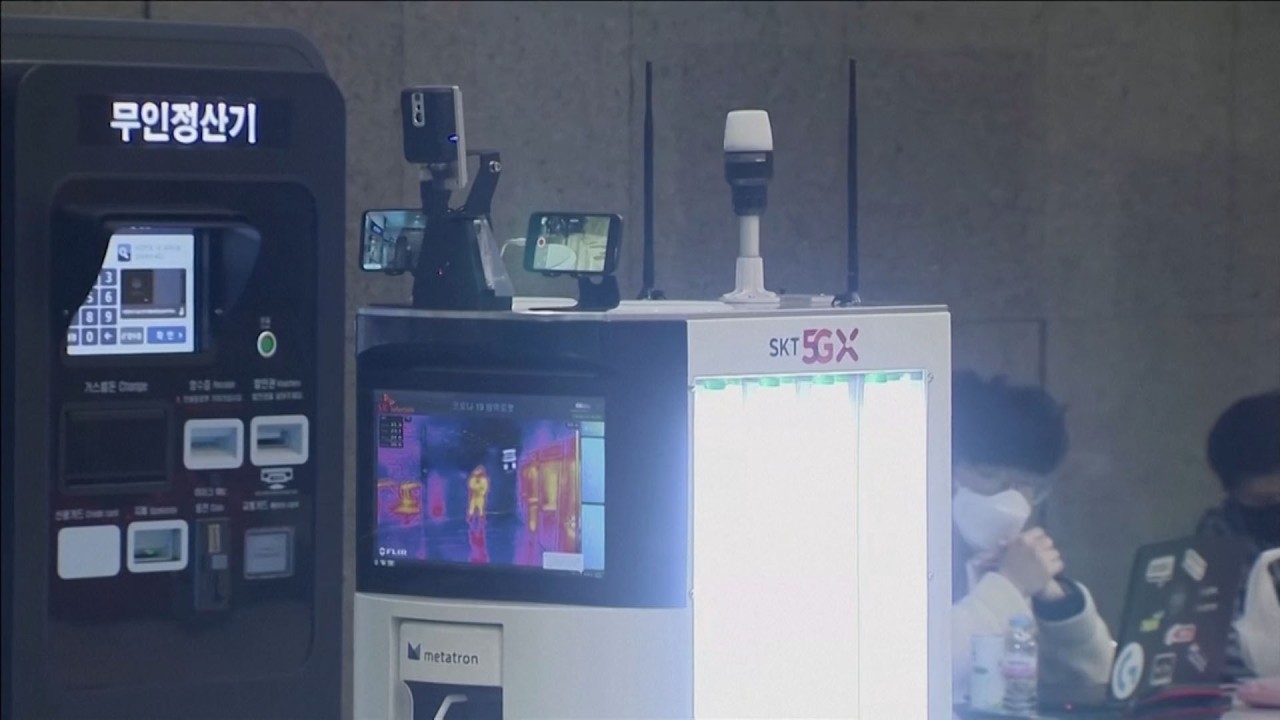Advertisement
Opinion | How the coronavirus has given Hong Kong a clean slate to reboot education
- We need to revitalise our education model to inject new energy and innovation as entrepreneurship can only be honed through experimentation
- To succeed, we must continually refresh our knowledge pool with digital know-how rooted in creativity, collaboration, communication and compassion
Reading Time:3 minutes
Why you can trust SCMP

Over the past two years, a social movement, a pandemic and a diplomatic stand-off have combined to disrupt all sense of normality in Hong Kong. For most, the economic aftermath will merely fast-forward a transformation already under way.
Advertisement
Nowhere is the disruption more visible than in industries such as retail and tourism. Hong Kong’s economy is heavily reliant on finance, trade, professional services and tourism. This worked reasonably well when the world’s markets were surging. A rising tide lifts all boats, as the saying goes.
In a falling tide, though, all boats run aground. To revive the tide, the government introduced measures including a HK$10,000 handout and a HK$137.5 billion (US$17.5 billion) relief package to support struggling enterprises. However, are such makeshift measures merely papering over cracks that have been steadily widening in our society?
Some say we are living in the Fourth Industrial Revolution, one that has the potential to improve our lives through digital transformation. To date, the largest beneficiaries of technology – innovators and investors – are constantly reinventing themselves. It comes as no surprise that most big IPOs this year are tech-related companies.
The long arms of these digital trailblazers extend to every part of our daily lives. Ordering food, buying groceries and transferring money can all be done remotely with minimal human interaction. Their ubiquity creates an illusion that, even in these trying times, there are vibrant economic activities across the board raising the overall quality of life.

07:15
How hi-tech solutions are being used across Asia to cope with the coronavirus pandemic
How hi-tech solutions are being used across Asia to cope with the coronavirus pandemic
The economic vitality on display is reserved for the select few who are able to fully exploit the benefits of technology, though. For the rest, recent events merely highlight society’s entrenched preference for a bricks-and-mortar network to extract economic value.

Advertisement
